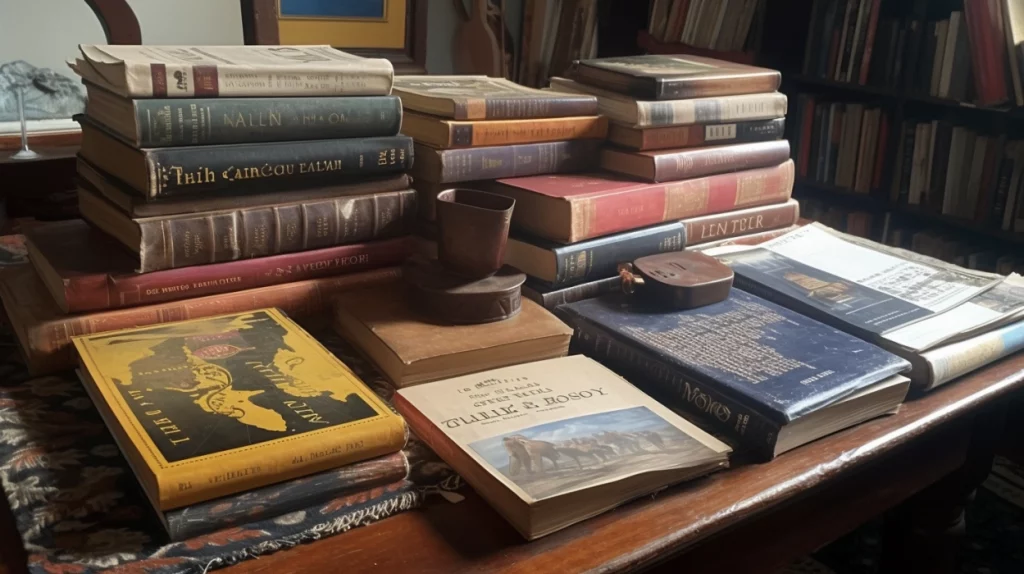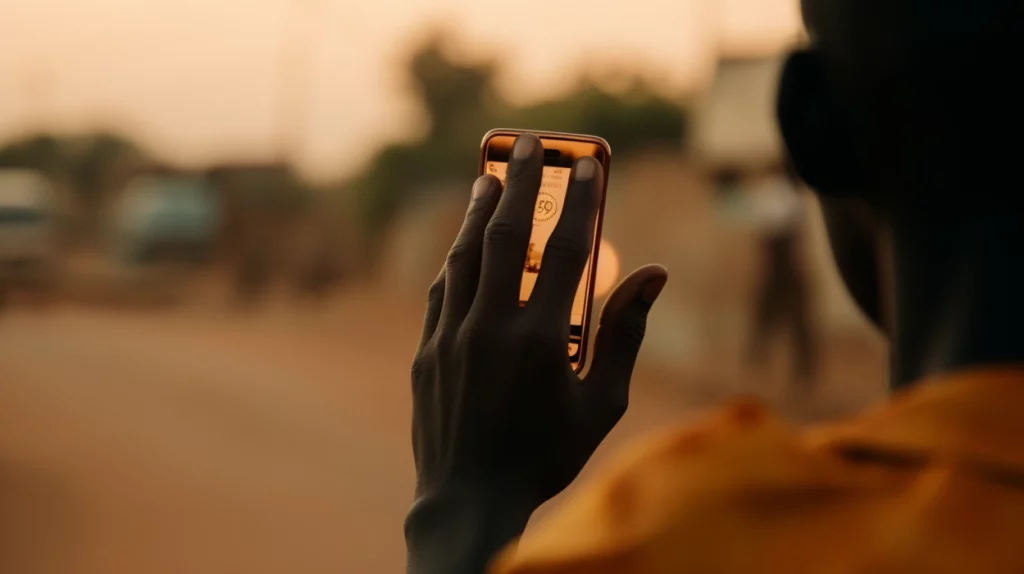Darassa is a name anyone would most probably recognize if they had access to any form of media in Tanzania in the last quarter of 2016. The Muziki hitmaker’s astronomical rise from insignificance is something of a wonder to many who follow the local entertainment scene.
There is an explanation though.
In an interview with one of the more popular entertainment websites in the country, Darassa himself associates his new-found fame with his decision to shift from more “conscious music” to God-knows-what!
Clearly our music seems to be tending towards the direction of pleasure, and there is a risk that it’s value as a carrier of positive social messages will completely be forgotten.
The place of music in society
As many would recall, the latest Nobel Prize on Literature was awarded to the American singer Bob Dylan. This was quite a controversial decision and it expectedly provoked outrage among many groups of people, mainly those who thought traditional literary artists are better deserving of such an honor.
Another group who opposed the decision are presumably civil rights movement enthusiasts who believed that US hip hop artists in the 80s and 90s are a better fit for the prize if the criteria is “creating new poetic expressions within a great song tradition”, as the stated in the announcement of Mr. Dylan’s award.
What cannot be contested here is the important role music and art can play in the formation of a sound society.
Nowhere does art find its significance more than it did in the 14th – 17th century Europe, a period that is commonly referred to as the Renaissance. It was like the artists of the day had conspired to be at the center of social transformation, producing works of art that helped to advance the imagination of their populations and set the course for enlightenment and growth—although this is sometimes disputed.
Our music too seemed to have begun on a similar course. Darassa’s predicament wasn’t experienced by artists like our legendary Professor Jay who produced highly conscious music and still managed to win massive following.
Prophetic Prof. Jay
Going through Professor Jay’s hits, one can read a very coherent story that was being told about our society.
In response to what it meant to live in an increasingly urbanized city, Professor Jay gave us Bongo Dar es Salaam. This coincided with a period where the word “ukapa” was coined, seemingly a fusion of the perceived economic hardships in President Mkapa’s term, and the Swahili word for ‘lack’ or ‘nothingness’.
The song somewhat addressed the reality of what it meant to be a low class citizen in Dar es Salaam, where one had to be smart, cunning or outright evil to survive in a city with an obsession for wealth and ‘the good life’.
In response to the rise of a rich political class, Professor Jay gave us Ndio Mzee, exposing deceptive political tactics and corrupt means some politicians used to enrich themselves. This song, in my opinion, advanced the anti-corruption and voter education agendas better than any formal institutions did.
In response to staggering inequality, Professor Jay gave us Zali la Mentali. He perhaps saw a society where prosperity had become a pipe dream for the majority poor, such that the only way one could achieve it was by sheer luck—the kind that comes once in a blue moon.
In response to a breakdown in morals Professor Jay gave us Nikusaidiaje, narrating the story of how indulgence in the pleasures of the city life led a good woman astray.
A critical analysis of Professor Jay’s music would leave nobody wondering how he was elected a Member of Parliament for Mikumi constituency in 2015. His music made him more than just a futile musical icon, but an activist and an ambassador of hope for a better society.
Need for an about-turn
We need to return to Prof. Jay’s times if our music and art are to have a positive impact in society. We cannot afford to let our youngsters believe that they must shy away from educating society in their art in order to make it big.
We must ensure that Bongo Fleva does not go completely rogue.
This will take a level of consciousness from media houses, gatekeepers in the online space and most importantly, the people themselves.
Much as the solution largely lies in all of us, some authority in government needs to take initiative and play a facilitation role.
What are we without authority anyway? The answer lies in my loose translation of the opening verse, second stanza of Darassa’s other hit song, Too Much… “If there were no authority above us, we would have been stripping each other naked”. It sure seems so.
This article was first published in The Citizen.




